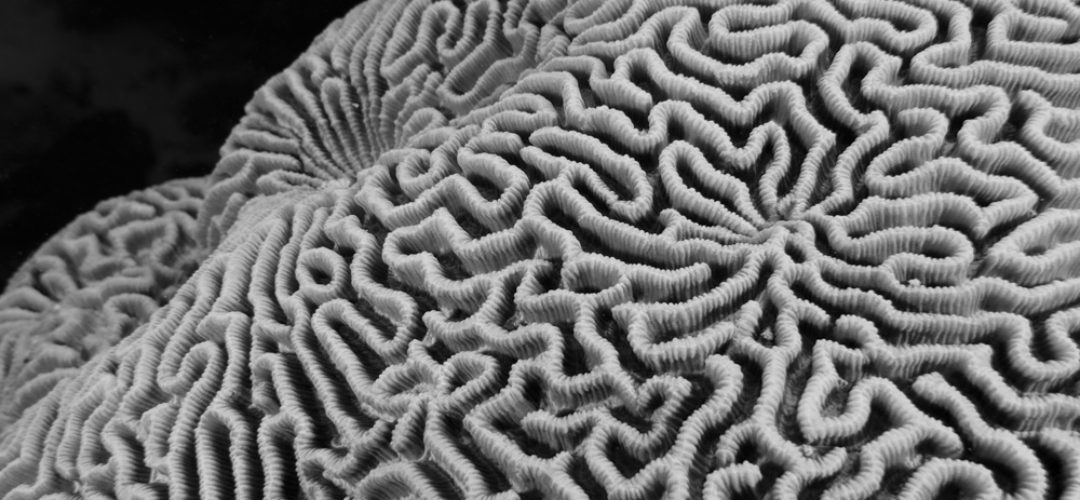Our research uses molecular tools to understand the evolution of marine organisms and how genes and gene products function to drive key processes in marine systems.
Most of our work focuses on keystone taxa in coral-reef systems and important fishery and aquaculture species including corals, sponges, reef fish, cephalopods, lobsters and abalone. Recognising that most animals form intimate and sometimes mutualistic associations with microbes, our work has a significant focus on marine microbes and host-microbe interactions.
Working together, we bring our shared expertise in a wide range of molecular techniques to tackle these problems. This includes genome assembly, comparative genomics, population genetics, phylogenetics, gene and protein expression profiling. Although much of our work has a marine focus our findings are often relevant to terrestrial systems or human health, and we use techniques from these areas (such as gene cloning in human cell lines) in our work. We have also used specialised molecular tools in conjunction with advanced microscopy to visualise host tissues and their relationship with microbes.
